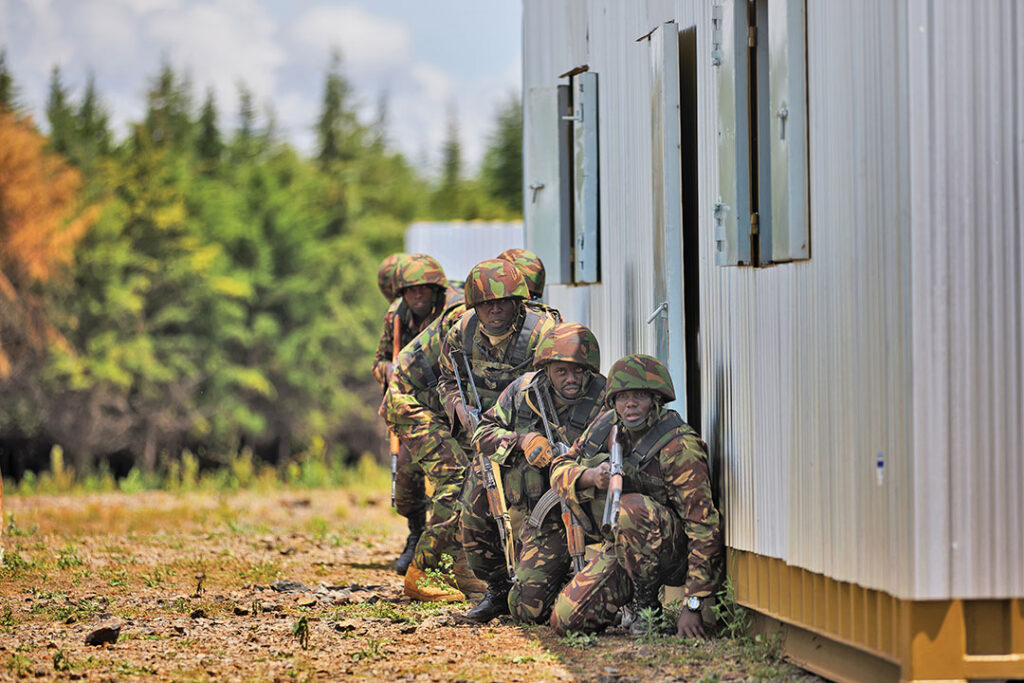Terrorism is a crime of opportunity. Global terror groups search out the world’s most vulnerable areas and plant their flags there.
Countries with porous borders, ethnic strife, governmental neglect and a young, frustrated population are ripe for exploitation. Africa is not spared from this global phenomenon.
In Mozambique, the Sahel, Somalia and coastal West Africa, extremists are active and looking to expand. The Sahel now is the global epicenter of terrorism, accounting for 43% of the world’s terrorism deaths in 2023. In 2007, that figure was only 1%.
Burkina Faso is in the eye of the Sahel’s terror storm. More than half of the country is outside of government control, 2 million people are displaced and 3 million are hungry. An August 2024 massacre that left an estimated 600 people dead in the town of Barsalogho shocked a nation already reeling from wave after wave of violence. Humanitarian groups call it “the world’s most neglected crisis.”
So, what is the answer? After three decades of fighting terrorism on the continent, it has become clear that some strategies are effective and some require retooling.
Whole-of-society approaches that address the root causes of terrorism, such as the multipronged strategy employed in northern Côte d’Ivoire, have proved effective. There, the military has established border-area bases to deny terrorists a haven, but this is not just a military approach. Côte d’Ivoire has invested in job training programs and loans for small businesses. It has supported community dialogue to promote understanding and early-warning systems to identify threats. The goal is to create a stable and prosperous region that is inhospitable to terrorist groups.
This strategy is in stark contrast to military-led governments that use heavy-handed tactics and partner with unaccountable mercenaries. This approach not only cannot stop terrorism, but also exacerbates it. In each overthrown Sahelian country, promises of security have been followed by a rise in terrorist attacks and an increase in violence that targets civilians. These one-dimensional solutions cannot address a multidimensional problem such as terrorism.
As countries seek to establish counterterrorism plans, it is vital for them to work with partner nations across borders, share best practices and strengthen alliances. Sahel-based terrorist groups have pledged to expand their reach. They intend to occupy coastal territory and grow their ranks by recruiting disaffected young people. The countries that present a unified front and attack terrorism holistically have the best chance to stop its spread.

